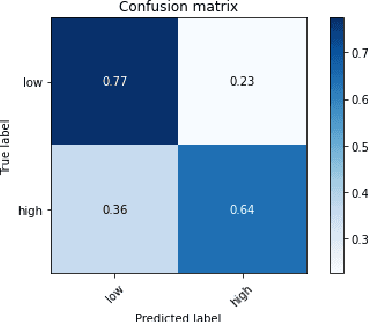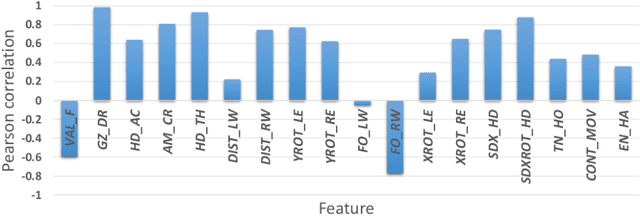Ailin Liu
DGFusion: Dual-guided Fusion for Robust Multi-Modal 3D Object Detection
Nov 13, 2025Abstract:As a critical task in autonomous driving perception systems, 3D object detection is used to identify and track key objects, such as vehicles and pedestrians. However, detecting distant, small, or occluded objects (hard instances) remains a challenge, which directly compromises the safety of autonomous driving systems. We observe that existing multi-modal 3D object detection methods often follow a single-guided paradigm, failing to account for the differences in information density of hard instances between modalities. In this work, we propose DGFusion, based on the Dual-guided paradigm, which fully inherits the advantages of the Point-guide-Image paradigm and integrates the Image-guide-Point paradigm to address the limitations of the single paradigms. The core of DGFusion, the Difficulty-aware Instance Pair Matcher (DIPM), performs instance-level feature matching based on difficulty to generate easy and hard instance pairs, while the Dual-guided Modules exploit the advantages of both pair types to enable effective multi-modal feature fusion. Experimental results demonstrate that our DGFusion outperforms the baseline methods, with respective improvements of +1.0\% mAP, +0.8\% NDS, and +1.3\% average recall on nuScenes. Extensive experiments demonstrate consistent robustness gains for hard instance detection across ego-distance, size, visibility, and small-scale training scenarios.
How Private is Low-Frequency Speech Audio in the Wild? An Analysis of Verbal Intelligibility by Humans and Machines
Jul 18, 2024



Abstract:Low-frequency audio has been proposed as a promising privacy-preserving modality to study social dynamics in real-world settings. To this end, researchers have developed wearable devices that can record audio at frequencies as low as 1250 Hz to mitigate the automatic extraction of the verbal content of speech that may contain private details. This paper investigates the validity of this hypothesis, examining the degree to which low-frequency speech ensures verbal privacy. It includes simulating a potential privacy attack in various noise environments. Further, it explores the trade-off between the performance of voice activity detection, which is fundamental for understanding social behavior, and privacy-preservation. The evaluation incorporates subjective human intelligibility and automatic speech recognition performance, comprehensively analyzing the delicate balance between effective social behavior analysis and preserving verbal privacy.
ForDigitStress: A multi-modal stress dataset employing a digital job interview scenario
Mar 14, 2023



Abstract:We present a multi-modal stress dataset that uses digital job interviews to induce stress. The dataset provides multi-modal data of 40 participants including audio, video (motion capturing, facial recognition, eye tracking) as well as physiological information (photoplethysmography, electrodermal activity). In addition to that, the dataset contains time-continuous annotations for stress and occurred emotions (e.g. shame, anger, anxiety, surprise). In order to establish a baseline, five different machine learning classifiers (Support Vector Machine, K-Nearest Neighbors, Random Forest, Long-Short-Term Memory Network) have been trained and evaluated on the proposed dataset for a binary stress classification task. The best-performing classifier achieved an accuracy of 88.3% and an F1-score of 87.5%.
"GAN I hire you?" -- A System for Personalized Virtual Job Interview Training
Jun 08, 2022



Abstract:Job interviews are usually high-stakes social situations where professional and behavioral skills are required for a satisfactory outcome. Professional job interview trainers give educative feedback about the shown behavior according to common standards. This feedback can be helpful concerning the improvement of behavioral skills needed for job interviews. A technological approach for generating such feedback might be a playful and low-key starting point for job interview training. Therefore, we extended an interactive virtual job interview training system with a Generative Adversarial Network (GAN)-based approach that first detects behavioral weaknesses and subsequently generates personalized feedback. To evaluate the usefulness of the generated feedback, we conducted a mixed-methods pilot study using mock-ups from the job interview training system. The overall study results indicate that the GAN-based generated behavioral feedback is helpful. Moreover, participants assessed that the feedback would improve their job interview performance.
 Add to Chrome
Add to Chrome Add to Firefox
Add to Firefox Add to Edge
Add to Edge